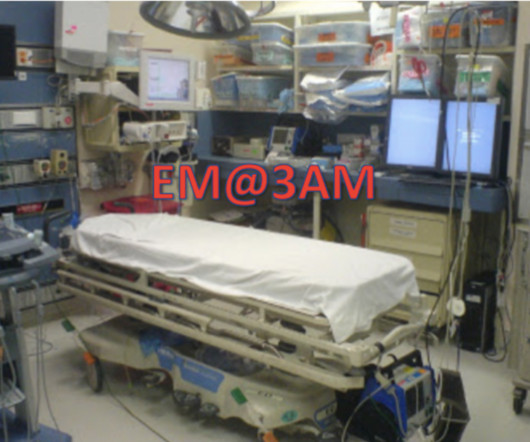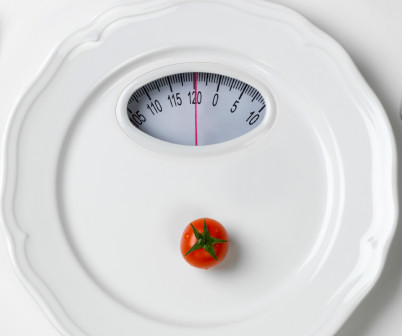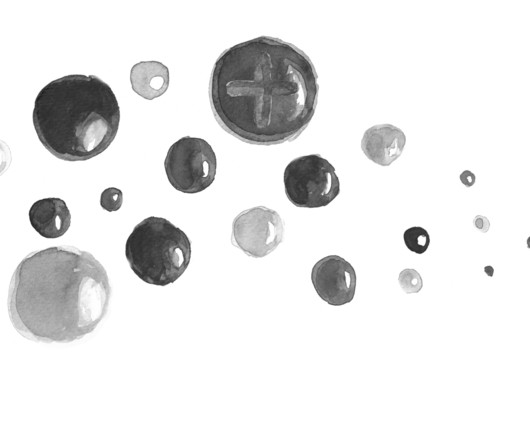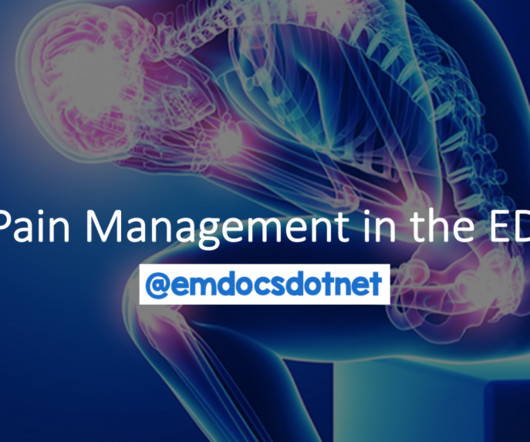Food Protein Induced Enterocolitis Syndrome (FPIES)
Pediatric EM Morsels
JUNE 2, 2023
Our patients have varied past medical histories that require us to be well-versed in even the most uncommon disorders (or know where to look things up in a pinch)! Patients with FPIES can have marked dehydration due to vomiting and diarrhea, even to the point of hypotension! 2017 Jun 27;10:197-207. Volume Status?!
























Let's personalize your content